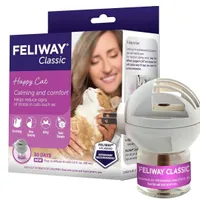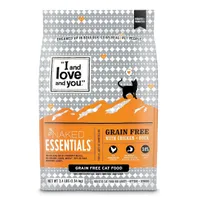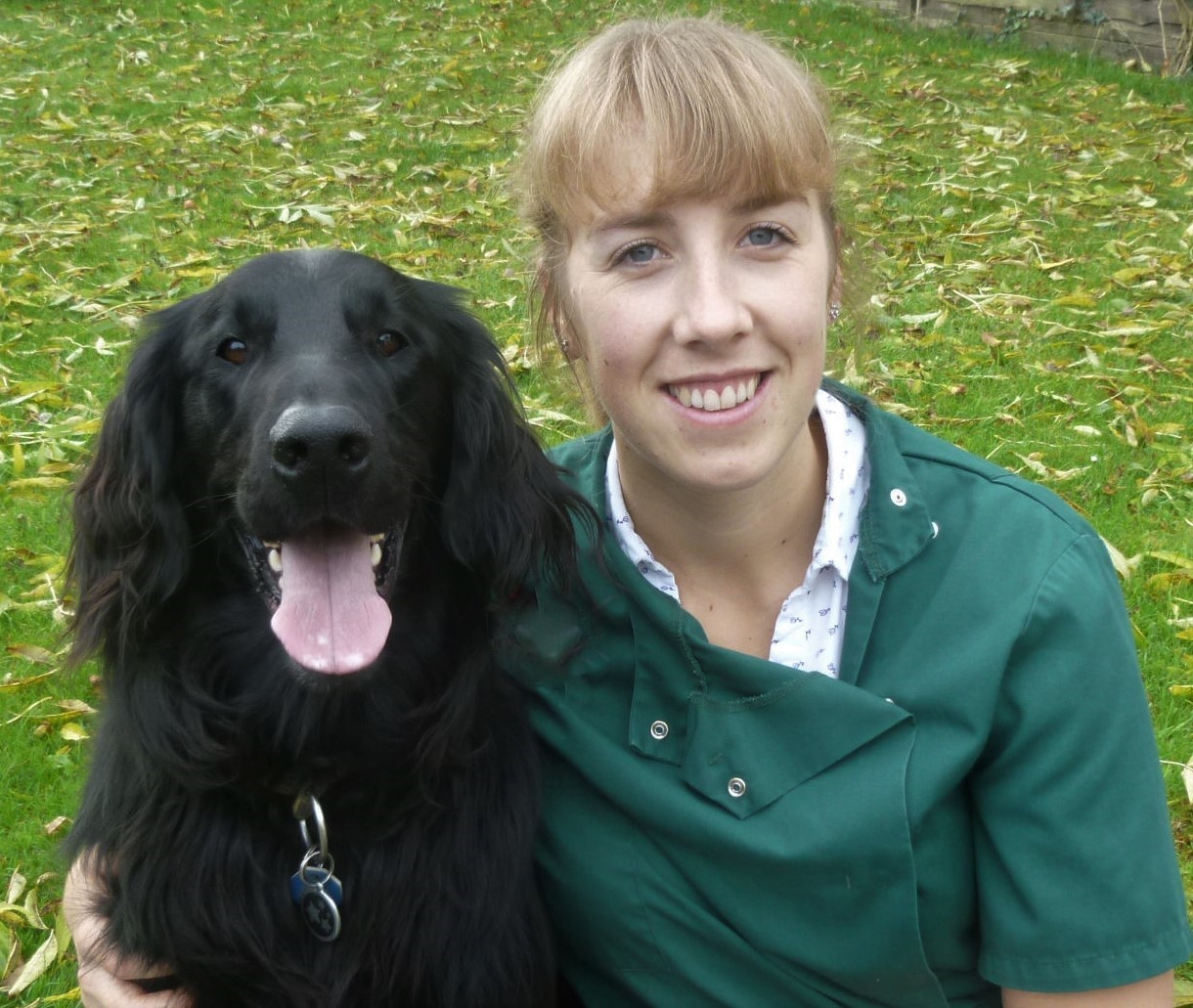Cat won’t eat dry food? A vet explains why and when to worry
Everything you need to know if your cat won’t eat dry food
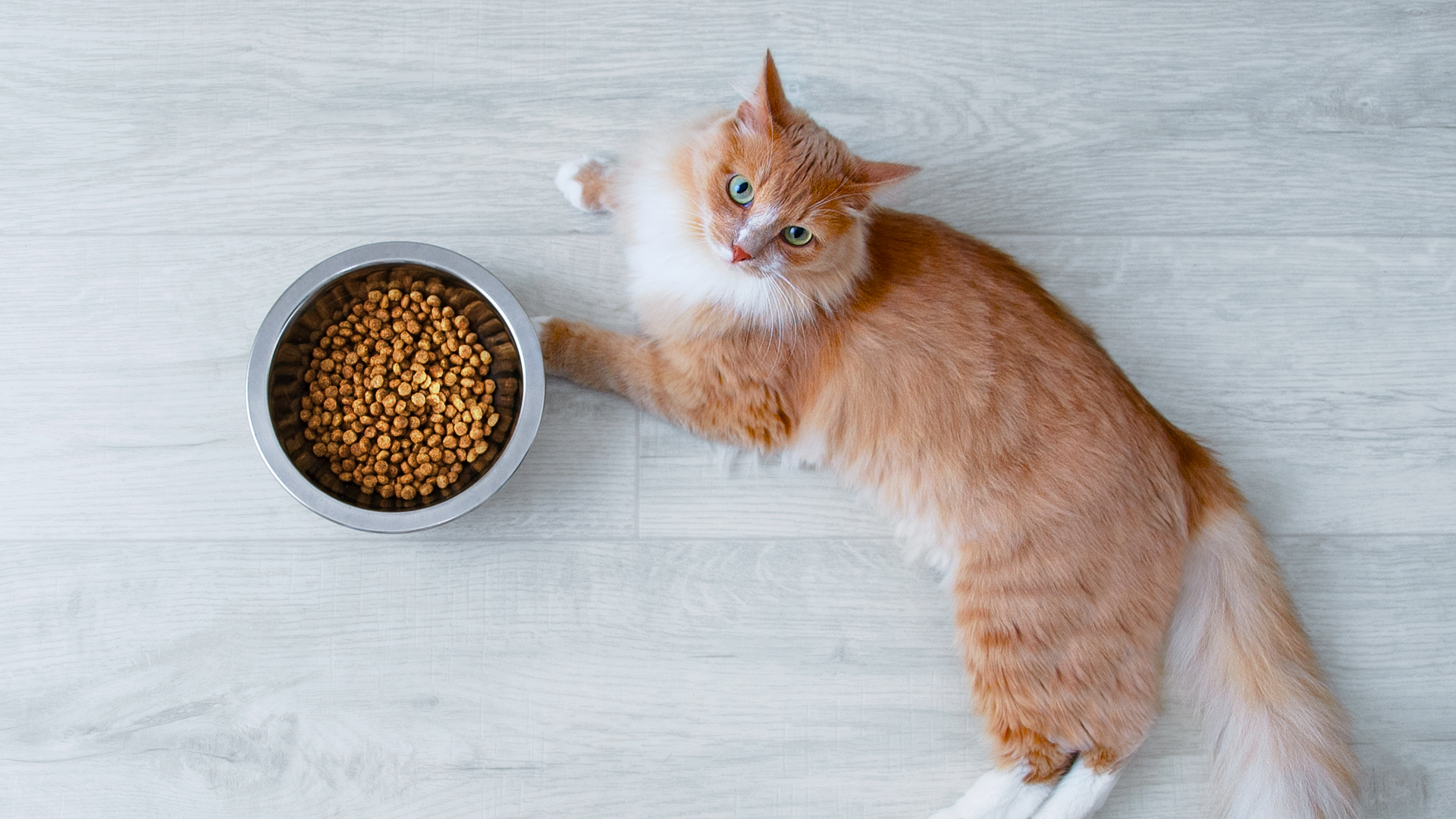
It can feel very frustrating when your cat won’t eat dry food – and confusing if it’s what they normally eat! Not only is the best dry cat food a more affordable option compared to wet food, but it also lasts longer and is unlikely to attract flies, making it a suitable choice for free feeding and cat puzzle feeders.
If your cat isn’t eating completely, it could be caused by a number of health conditions (like pancreatitis or dental disease), so it’s super important to have them checked over by a vet. They’ll be able to provide a diagnosis and help you make the best decision going forward.
From dental pain to stress, there are many reasons why your cat may have gone off their kibble, and Dr. Rebecca MacMillan is here to help you work it out. Below, she’s explained five potential reasons for this change in appetite, whether it’s a cause for concern, and how to encourage them to eat it again.
Why won't my cat eat dry food?
First of all, ask yourself this: is your cat only refusing to eat dry food, or is your cat not eating any food at all? If it’s the latter, then there may be something more serious going on such as:
1. An underlying health issue
Several conditions could cause a general lack of appetite. These include medical complaints, such as dental disease, upset stomach, infections, kidney disease, liver problems or cancer. Visit a vet who will examine your cat for obvious signs of disease and potentially suggest some further tests such as blood samples if they have concerns.
2. Behavioral issues such as stress
Stress and anxiety in cats need to be addressed. New pets or people in the home could put your cat on edge, or events such as fireworks or a recent house move. Identify the issue and eliminate them to potentially get cats eating again.
Feliway Classic Cat Calming Pheromone Diffuser | Amazon
If your cat has stopped eating due to stress, we recommend investing in Feliway’s calming diffuser, which is drug-free, non-sedating, and approved by vets. It mimics happy facial pheromones that can help your cat to relax.
3. Issues with texture or kibble size
Kibble comes in various sizes and shapes and some of which may be more appealing to your cat than others. Naturally, kitten kibble will be quite small and easier for tiny teeth to manage. Adult cat food may be uniform, or it could contain a variety of shapes and your cat may have a preference for one over the other. Some cats just don’t enjoy the texture of dry food. Cats are carnivores (meat-eaters) by nature so might show a preference for moist, meaty foods instead of dry, crumbly kibbles.
Get the best advice, tips and top tech for your beloved Pets
4. A poor quality diet
Always feed cats a good quality, complete diet appropriate to their life stage (that is, kitten, adult, or senior). Some poorer quality commercial diets may contain less meat or meat derivatives, leading to issues with palatability.
I And Love And You Naked Essentials Dry Cat Food | Amazon
Nutritionally complete and balanced, this recipe is approved by vets and contains high levels of protein to aid muscle growth and tissue repair. It also includes prebiotics and probiotics, which are excellent for gut and immune health and will cost you only 27 cents per ounce.
5.Being fussy
Cats are notorious for being fussy eaters: what works for them one day, doesn’t always work the next! Some cats like variety, and receiving the same kibble each day might be boring. Other cats like familiarity and if you’ve recently changed the brand of their diet from the one they’ve always been happy with, this could also be the cause.
Changes to their food bowl could put them off too, or perhaps the location of their bowl. If your cat is getting lots of treats and titbits, then don’t forget this may be curbing his appetite and he could be developing a preference for these over his boring everyday kibbles

Is it bad if my cat won't eat dry food?
There are some advantages to feeding dry food over wet food. It is easier to measure and weigh a cat’s daily rations, it’s less smelly and messy (which is particularly great in the summer) and some people claim that dry foods are better for a cat’s teeth (however, a study published in the journal Microbiome comparing bacterial levels and oral health between proved inconclusive – learning how to brush your cat’s teeth is better).
Overall, though, don’t worry. It’s not bad if your cat won’t eat dry food. As long as your cat is on a complete diet appropriate for his or her age, it doesn’t matter if it is wet or dry food. It is far more important to monitor your pet’s weight and make sure you are feeding the correct amount.
Why has my cat stopped eating dry food but eats treats?
Maybe your cat feels poorly and can only be tempted to eat something really tasty, like a special treat. Or maybe your cat knows to hold out for the good stuff! Try to avoid feeding cats lots of treats because it will curb their appetite for their main meal and lead to a nutritionally unbalanced diet.
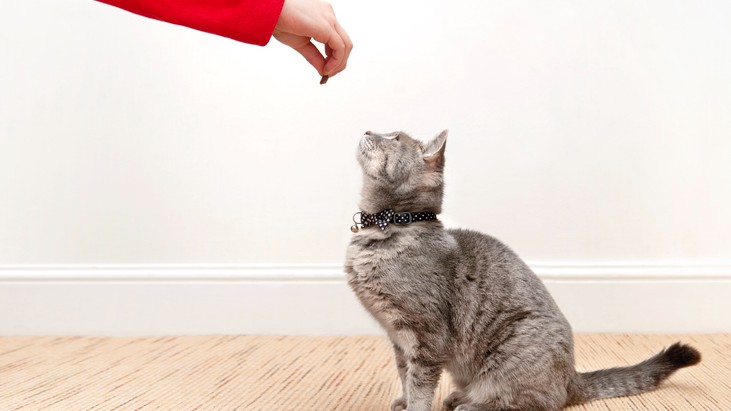
How to tell if your cat doesn't like their food
Cats may explore their food bowl but take a sniff and walk away if they don’t like it. Others may have a few bites before giving up. It can be hard to tell the difference between your cat being unwell or just not liking their food, so take them to the vet for a check-up if their appetite seems off to you.
How to encourage a cat to eat dry food
If you want your cat to eat dry food:
- Get them checked out by a vet. Dental or jaw pain can be off-putting for cats
- Try swapping brands for an alternative good quality cat food, with a different kibble size or shape
- Try moistening the kibbles. Soaking them in a bit of warm water before feeding can help give them a softer, meatier texture
- Make sure you give fresh biscuits each day and keep your cat’s food in an airtight container to stop it from going stale, making it unappetizing
- Always provide plenty of fresh water, as cats are thirstier on dry food diets
And remember, if your cat shows a general preference for wet over dry, this is not necessarily an issue so long as he is maintaining a healthy weight.
Want to learn more about wet food and whether it can make a nutritious alternative meal for your kitty? Then be sure to take a look at our vet’s guide to ‘Is wet food bad for cats?’ where we break down everything you need to know. Or, check out our feature that answers, 'Can cats eat dry food only? and 'Why won't my cat eat wet food?'
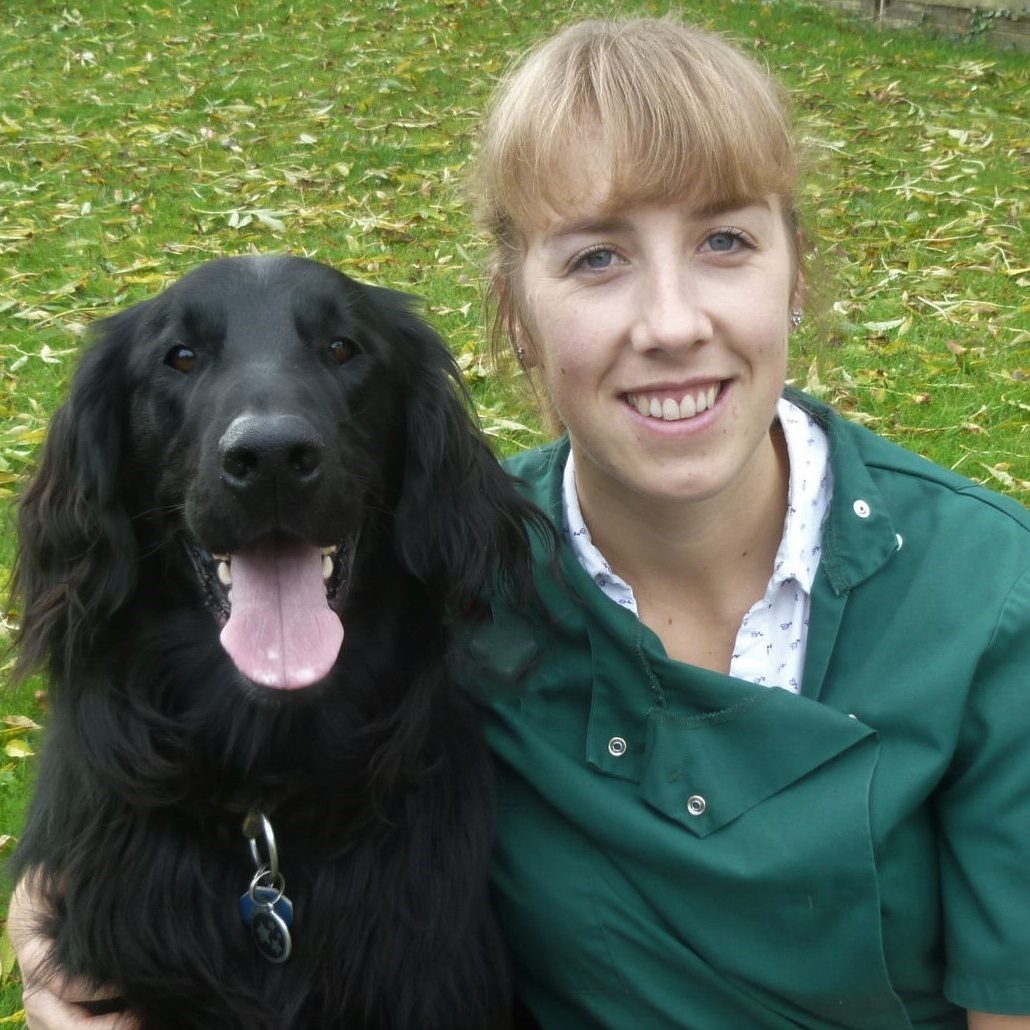
Dr. Rebecca MacMillan is a companion animal vet with over 13 years of experience treating and looking after pets. She graduated from the UK Royal Veterinary college in 2009, and has worked in several practices over the years. Rebecca is also an experienced writer, using her veterinary background to offer expert opinion and advice.
Edited by Georgia Guerin and Alexis de Leaver.
This feature was last updated on February 5, 2025.
Rebecca is a veterinary surgeon who graduated from the Royal Veterinary College in London in 2009. She enjoys medicine in particular and she is proud to have achieved a BSAVA postgraduate certificate in small animal medicine (with commendation) from Nottingham Trent University in 2021.
She has a wealth of experience in first opinion small animal practice, having done a mixture of day-to-day routine work, on-call emergency duties and managerial roles since 2009.
She writes on various feline and canine topics for the Veterinary Content Company and a freelance basis, including behavior, nutrition, and health. Outside of work and writing she enjoys walking her own dog, spending time with her young family and baking!
- Megan MilsteadStaff Writer
